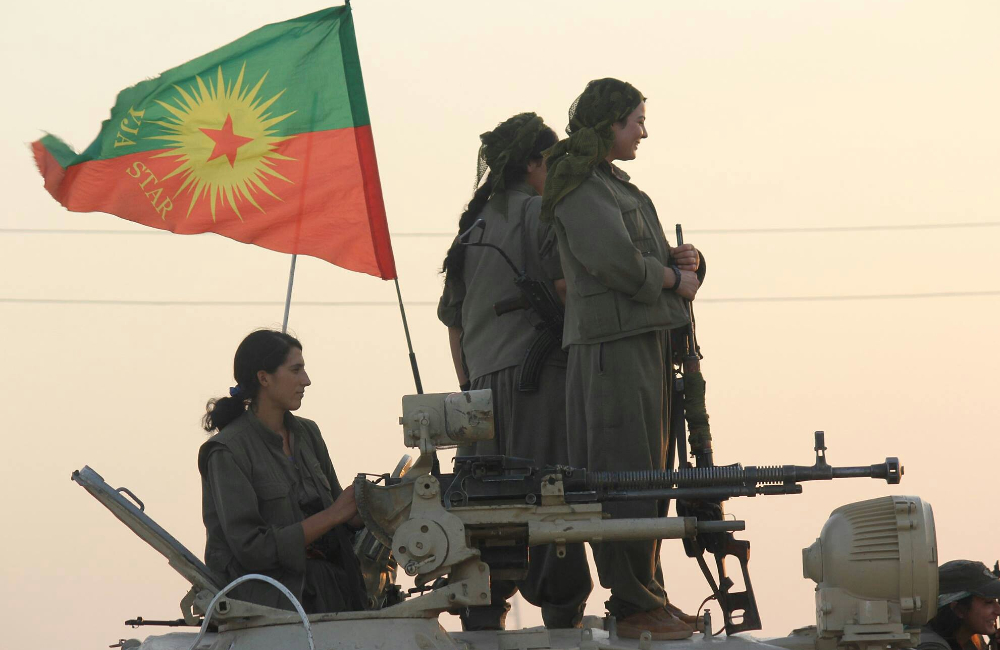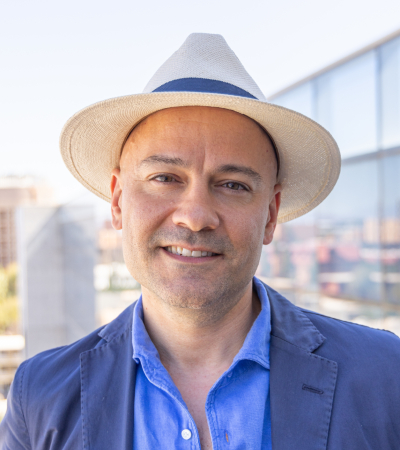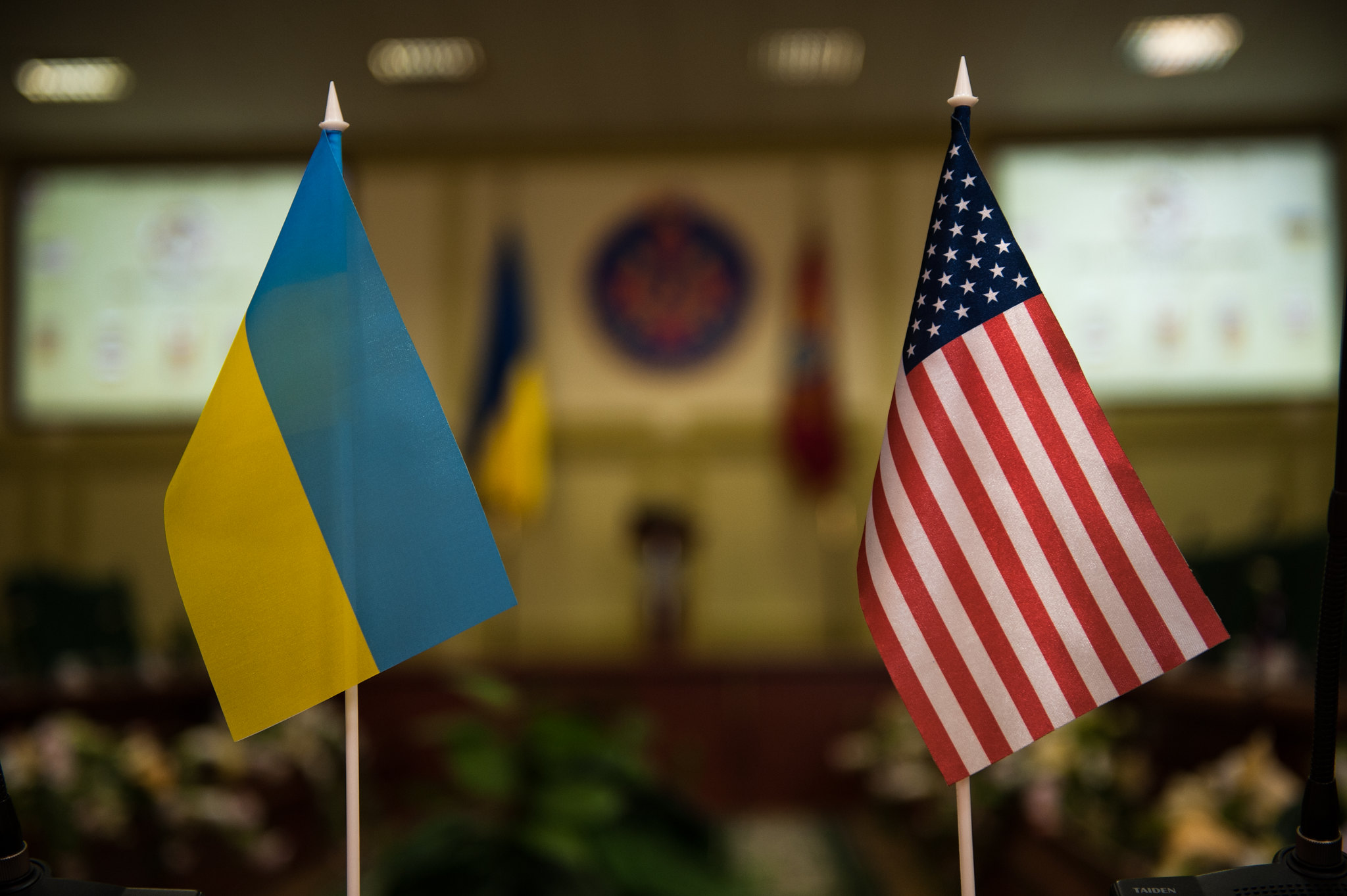Is This the End of the Kurdish Insurgency in Turkey?

Editor’s Note: In a rare bit of good news out of the Middle East, the Kurdistan Workers’ Party (PKK, Partiya Karkerên Kurdistan) agreed to end its decades-long armed struggle against the Turkish state. Arizona State University’s Güneş Murat Tezcür explains the reasons for this decision and why the good news may not last.
Daniel Byman
***
On May 12, the PKK announced its dissolution, ending its armed struggle against the Turkish state after 41 years. This long-anticipated decision followed a call in February from PKK founder Abdullah Öcalan, imprisoned in Turkey since 1999, for the PKK to disband.
This is not the first time the PKK has made overtures toward peace. Previous episodes of relative calm, from 1999 to 2003 and again from 2012 to 2015, ended in the intensification of violence. In both cases, the core issue was a persistent gap between the PKK’s demands and what the Turkish state was willing to concede. The PKK sought regional autonomy, or at least a new constitutional order recognizing Turkey’s multiethnic character. Instead, the Turkish state offered only limited cultural rights to the Kurdish minority.
Although this third attempt at a negotiated resolution has distinct aspects, the fundamental asymmetry in expectations and objectives remains. While evolving military dynamics make a return to widespread violence less likely than in the past, domestic politics and the broader geopolitical landscape make lasting peace an elusive prospect.
The Road to Dissolution
The PKK’s fight with the Turkish state has been one of the longest lasting ethnic conflicts in the post-WWII era. Founded in 1978 and inspired by the Chinese and Vietnamese revolutionary models of protracted warfare, the organization initially sought an independent Kurdistan. Its power peaked in the mid-1990s, but the Turkish state subsequently regained the military initiative. The Turkish state has pursued a long-term counterinsurgency campaign characterized by widespread human rights abuses, while offering limited cultural concessions in more recent times. Throughout the decades, though, the PKK proved remarkably resilient, sustained by several key factors: its ability to mobilize several generations of young Kurds from multiple regional countries and the diaspora, its access to cross-border sanctuaries, diverse funding streams, external patrons, and its ideological adaptability.
Several factors contributed to the PKK’s decision to close the chapter on armed struggle. Chief among them is the strategic impasse the PKK has been facing vis-a-vis the Turkish state. The collapse of the previous peace process in 2015 led to fierce and highly destructive clashes in Kurdish cities, resulting in the deaths of hundreds of civilians. The PKK’s decision to confront the Turkish state in densely populated areas was a major blunder from which it never fully recovered.
Since 2018, the Turkish military has expanded its presence in the mountainous borderlands of Iraqi Kurdistan, aiming to sever links between militants in Turkey and PKK bases and headquarters. The increased use of drones to detect, harass, and strike PKK units has further diminished the PKK’s operational capacity inside Turkey. Guerilla warfare, once a viable tool of leverage over the state, has reached a dead end.
Another reason concerns Turkey’s domestic politics. Since 2015, President Recep Tayyip Erdoğan has relied on his alliance with the country’s ultranationalist party to consolidate authoritarian control at the expense of political pluralism. While this alliance helped Erdoğan to get reelected in the spring 2023 presidential elections, Turkey’s deteriorating economy and the rejuvenation of the main opposition—the Republican People’s Party (CHP), now under new leadership—have increasingly complicated Erdoğan’s ability to maintain his hold on power. The CHP’s victory over Erdoğan’s Justice and Development Party (AKP, Adalet ve Kalkınma Partisi) in the March 2024 municipal elections—the AKP’s first such defeat since 2002—signaled shifting political winds.
A master builder of winning coalitions, Erdoğan needs to attract Kurdish support if he hopes to revise the Turkish constitution and clear the way for him to bypass term limits and extend his presidency beyond 2028. Limited concessions to the Kurdish movement, such as releasing political prisoners or halting the dismissal of elected Kurdish mayors, could help him drive a wedge between the main opposition and the Kurdish movement.
The situation in Syria has also reshaped the PKK’s and Turkish government’s strategic calculus. The civil war has resulted in the emergence of Rojava, a Kurdish-majority, de facto autonomous zone in northeastern Syria governed by the Democratic Union Party (PYD, Partiya Yekîtiya Demokrat), a group founded and supported by the PKK. This has been a major achievement for Kurdish nationalism. Despite territorial losses to Turkish military incursions and allied Syrian groups, the PYD has retained control over large swaths of territory through a combination of U.S. military support and its tacit coordination with the Bashar al-Assad regime.
However, developments in late 2024 have exposed new vulnerabilities. The reelection of Donald Trump, with his mercurial and personalistic governance style and skepticism of U.S. involvement in Syria in his first administration, has shaken confidence in U.S. support. And the rapid fall of the Assad regime has introduced new risks to the PYD rule. A potential U.S. withdrawal from Syria would place the PYD in a more precarious military position. Although the PYD reached a provisional agreement with the new regime in Damascus in March 2025, critical issues such as military integration and control over key infrastructure, including oil fields, remain unresolved. Once the new Syrian government consolidates its power, it will be emboldened to pursue a more aggressive stance toward Kurdish autonomy. In this context, the PKK’s rapprochement with Turkey offers both sides strategic breathing room as regional uncertainties unfold.
Three Challenges to a Lasting Peace
A negotiated end of the armed conflict between the Turkish state and the PKK would be a rare positive outcome in a volatile region. At the same time, there are valid reasons to maintain a healthy dose of skepticism.
First, settlements in civil wars are most durable when they involve mechanisms addressing fundamental commitment problems. These include third-party enforcement, power-sharing arrangements, or binding legal and constitutional guarantees. In the absence of such mechanisms, an insurgent group has no incentive to disarm and leave itself to the mercy of a government against which it fought for many decades. It remains unclear whether any of these safeguards will be adopted in this case.
Next, democratization facilitates the peaceful resolution of ethnic armed conflicts. It not only provides avenues for former insurgents to participate meaningfully in elections but also creates opportunities for their inclusion in governance. But Turkey’s trajectory over the past decade has been one of deepening authoritarianism. The arrest of Istanbul’s popular mayor, who emerged as a major rival to Erdoğan, on dubious corruption charges in March epitomized this trend. While it is not out of the question for the Kurdish movement to be integrated into Erdoğan’s ruling coalition as a junior partner, such an unusual political configuration would be unstable and short lived.
Finally, under the current configurations, the Kurdish people in Iraq and Syria enjoy more political autonomy and cultural rights than their ethnic brethren in Turkey, where the Kurdish population is most concentrated. The primary reason for the rise of Kurdish power in both Iraq and Syria is the state collapse in these countries and external interventions—but these conditions are absent in Turkey. The Turkish state remains militarily robust and ambitious. And both the Turkish state and large segments of Turkish society remain highly resistant to Kurdish demands for greater rights and power. Thus, while the announcement of an end to the armed struggle is promising, much remains to be done before it leads to a sustainable resolution of the conflict.
For these three reasons, the May 12 announcement may signal only a temporary reprieve in the Kurdish question in Turkey. Many Kurds in Turkey aspire to greater rights and recognition, aspirations made more tangible by examples of Kurdish autonomy just across the country’s southern borders. If the dissolution of the PKK does not open space for meaningful political inclusion and enhanced rights for the Kurdish minority, there seem to be few guardrails to prevent another cycle of instability. Still, after nearly half a century of insurrection, this development marks one of the most significant opportunities to resolve an intricate conflict.


.jpg?sfvrsn=407c2736_6)

